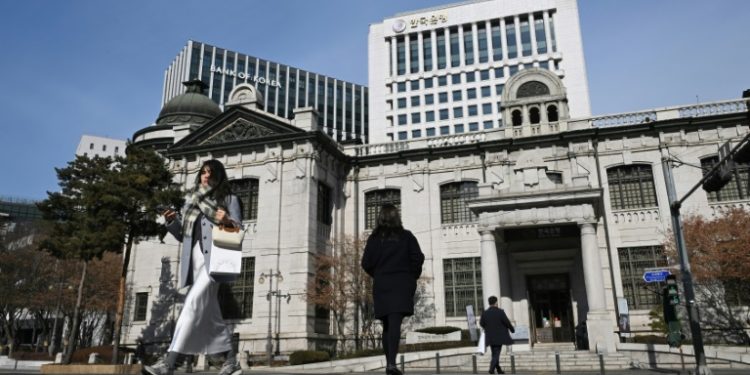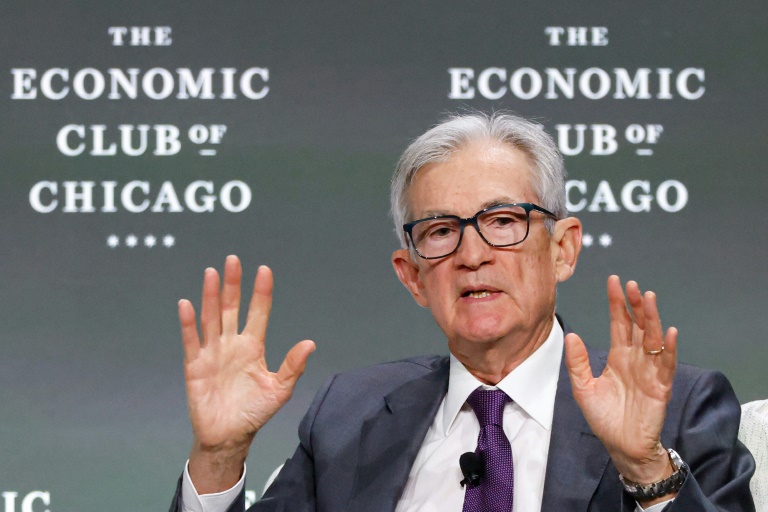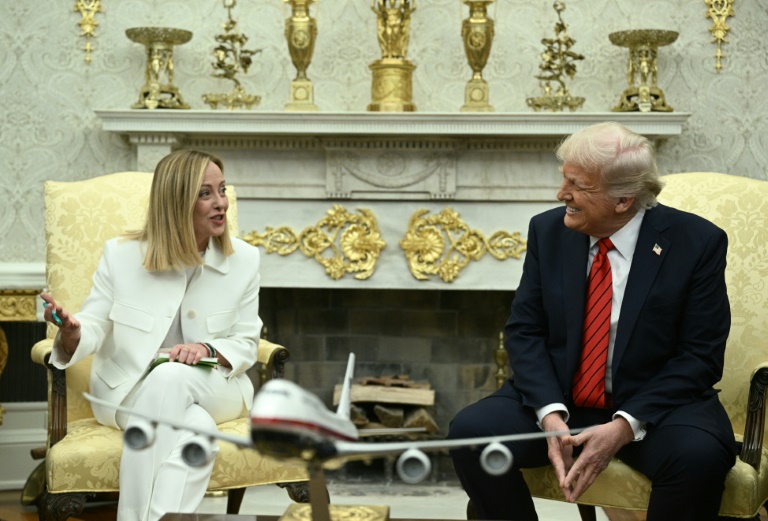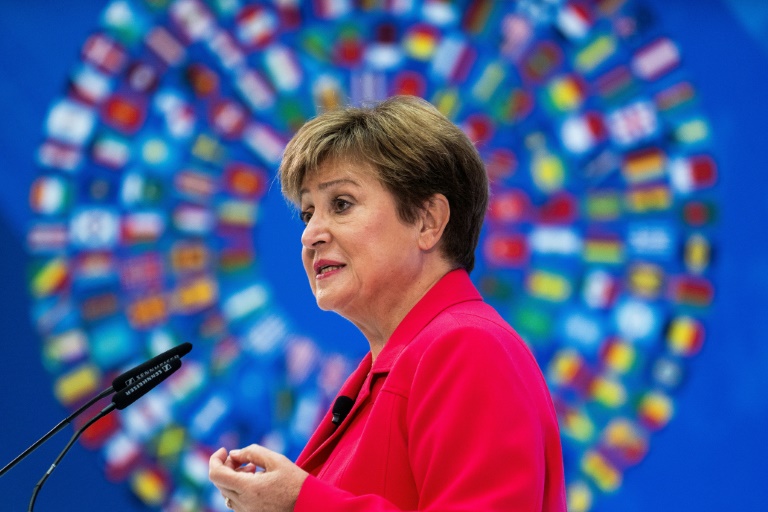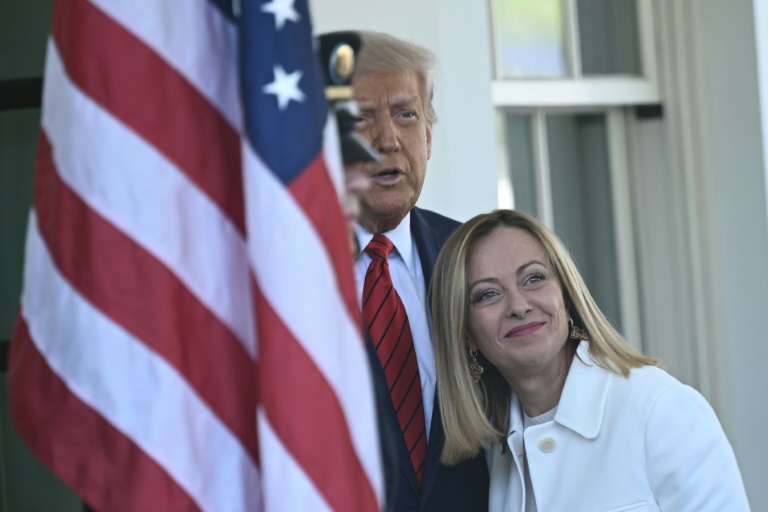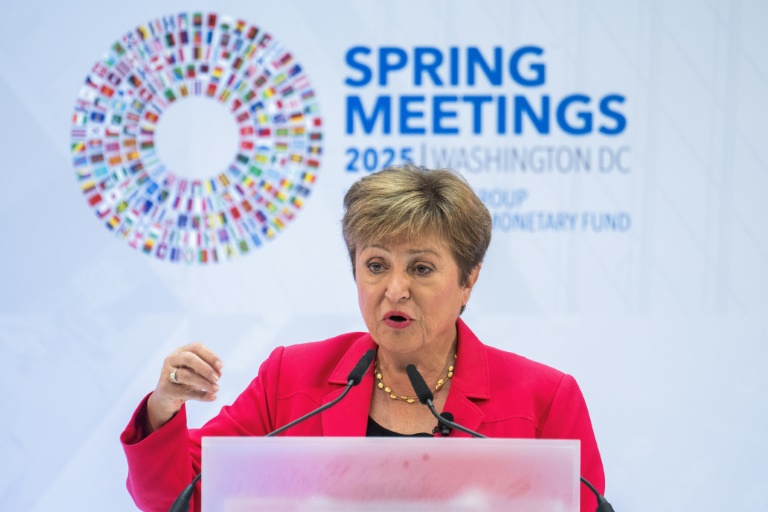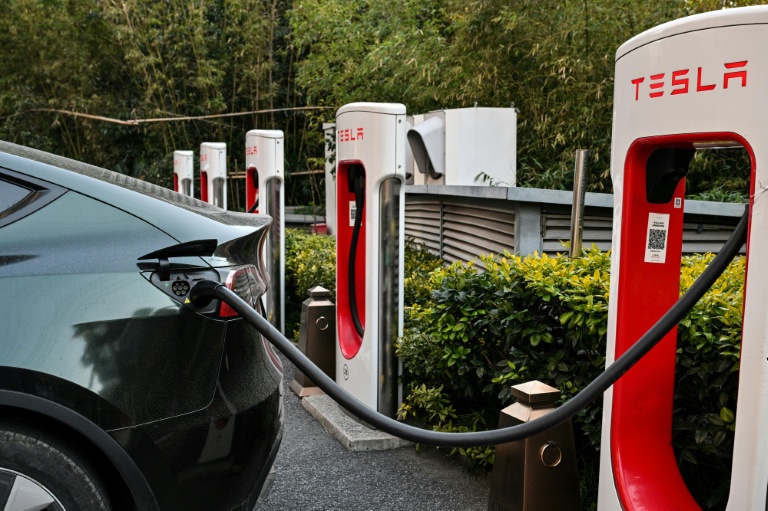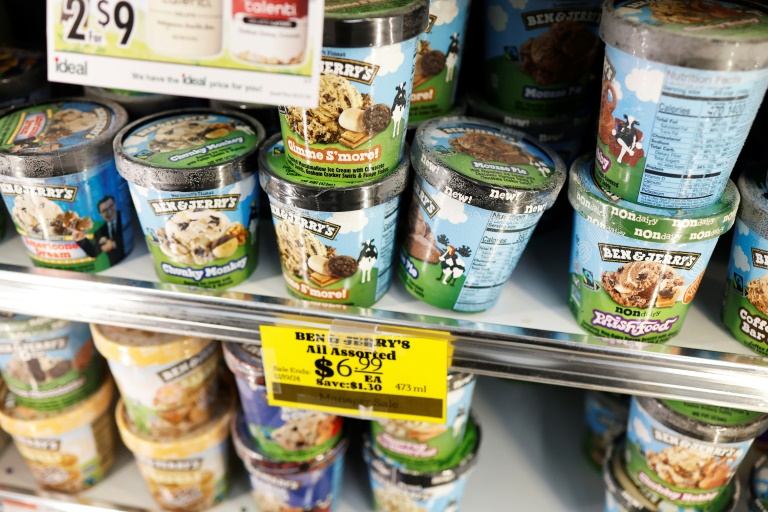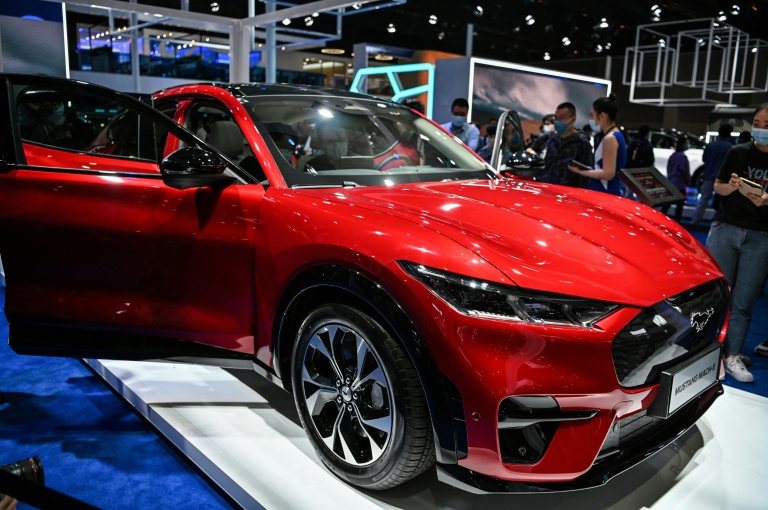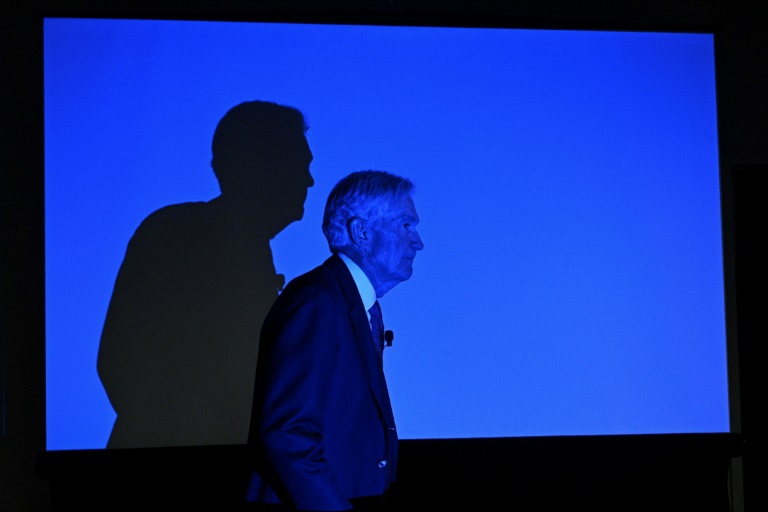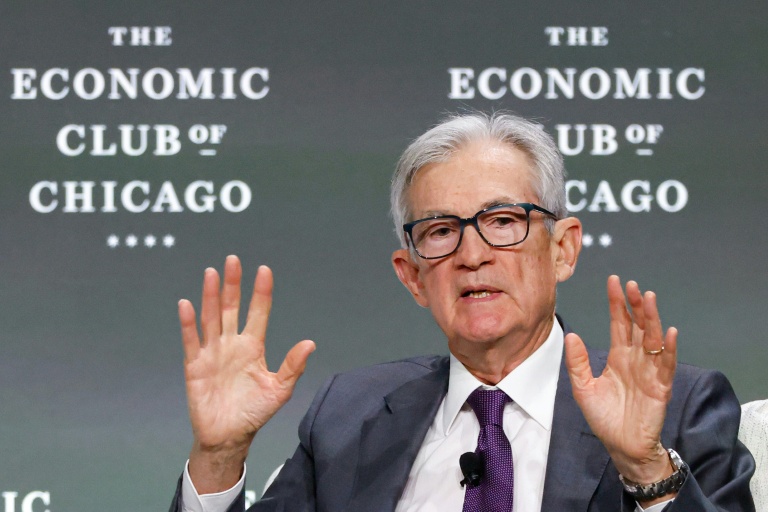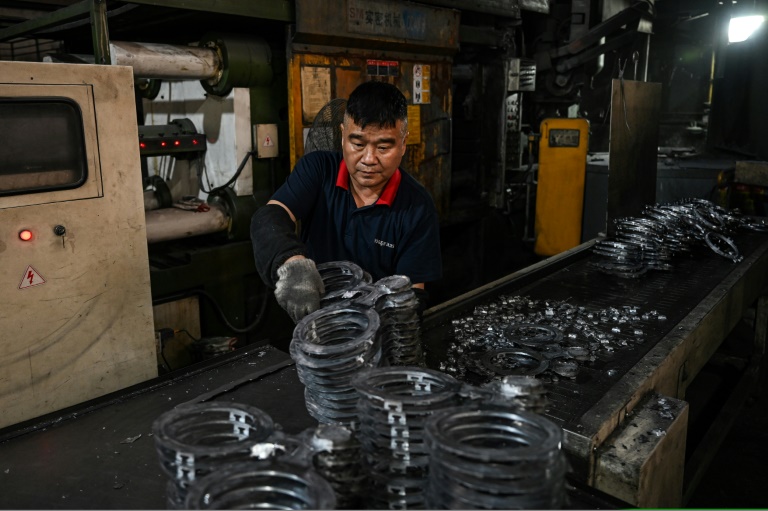Seoul (AFP) – South Korea’s central bank on Tuesday slashed interest rates and its annual growth forecast as it looks to bolster the economy in the face of US tariffs and the fallout from President Yoon Suk Yeol’s brief declaration of martial law last year. Asia’s fourth-largest economy expanded less than expected in the final three months of 2024 as Yoon’s martial law move hit consumer confidence and domestic demand. That compounded fears over US President Donald Trump’s hardball trade policies that have seen him impose a broad range of levies on some of his country’s biggest economic partners since taking office in January.
An official at the Bank of Korea told AFP it expected gross domestic product to expand 1.5 percent in 2025, down from its initial estimate of 1.9 percent in November. The benchmark interest rate would also be lowered by a quarter of a percentage point, the official said. In a statement released after the meeting, the bank said it projected a “slower recovery in domestic demand and export growth than initially expected.” It blamed “the effects of weakening economic sentiment and the US tariff policy” as well as political uncertainty stemming from the “martial law situation.” “There is a high level of uncertainty regarding the future growth path, including major countries’ trade policies, (and) the direction of the US Federal Reserve’s monetary policy,” it added.
Trump warned last week that he would impose tariffs “in the neighbourhood of 25 percent” on auto imports and a similar amount or higher on semiconductors and pharmaceuticals. South Korea is home to the world’s key chipmakers, Samsung and SK hynix, and was the fourth-largest exporter of steel to the United States last year. Governor Rhee Chang-yong said South Korea would continue to face challenges with tariffs unless it develops new industries. “What our government should feel most painfully about the past 10 years is that no new industries have been introduced during this time,” he told reporters. “If we don’t address this issue, these problems will keep recurring,” he added.
– ‘Weak’ data – South Korea’s trade ministry last week said it had asked Washington to exclude it from planned US tariffs on steel and aluminium. The country’s steel industry was already facing intense pressure in recent years as it grappled with oversupply—particularly from China—and a decrease in global demand. The US tariffs are likely to intensify those challenges. Analysts warn that should cheap Chinese steel, which has been barred from the US market, begin to flood regions such as Southeast Asia and Europe, South Korean steel producers will face deepening price competition.
The Bank of Korea also said Tuesday that employment had continued to slow. “The data for early 2025 have been weak amid signs the political crisis is weighing on the economy,” Gareth Leather, senior Asia economist at Capital Economics, said. But he added that even if the crisis is resolved soon, growth is likely to remain weak because of a “downturn in the property sector and tight fiscal policy weighing on demand.” Dave Chia, associate economist at Moody’s Analytics, said he expected at least one more rate cut this year. “The boom in artificial intelligence should sustain shipments of advanced memory chips,” he wrote in a note. But a “slowdown in other major categories” stands to limit South Korea’s export growth, he added.
© 2024 AFP

